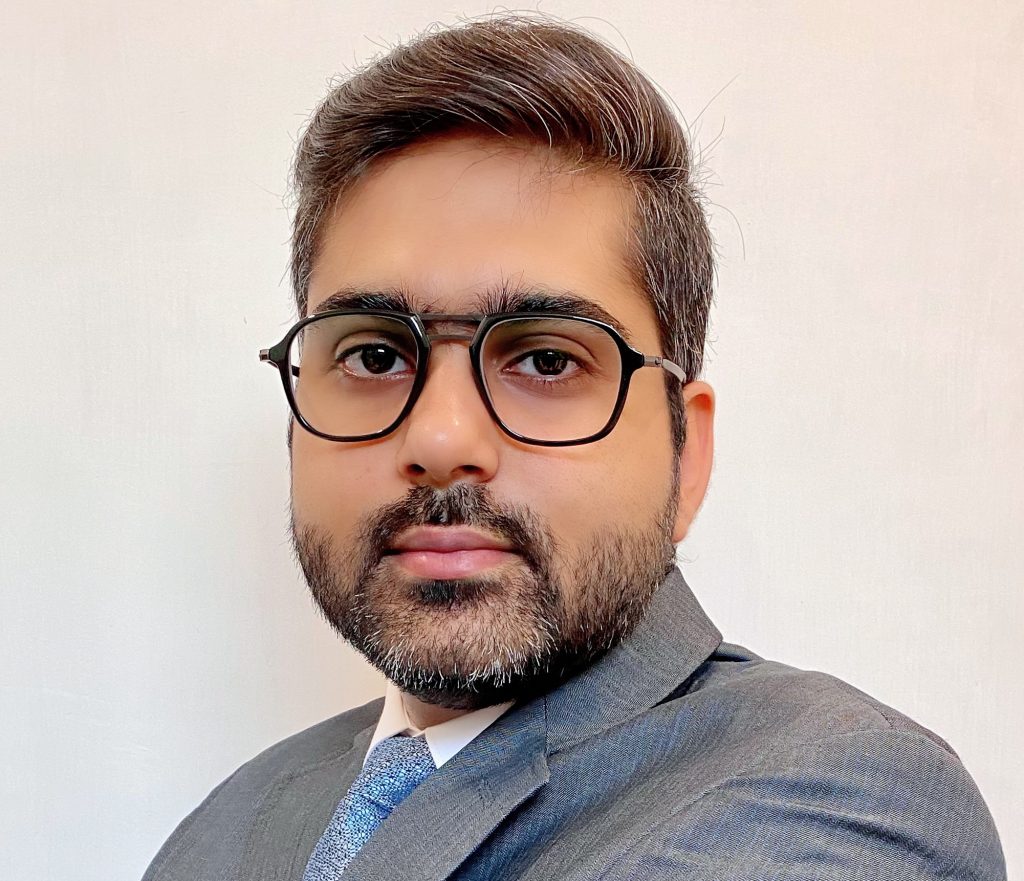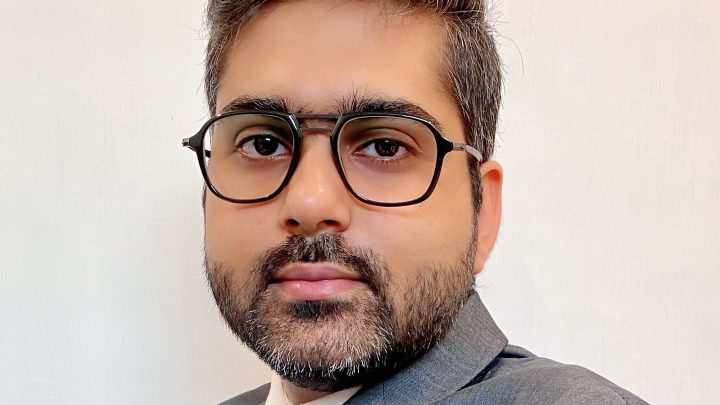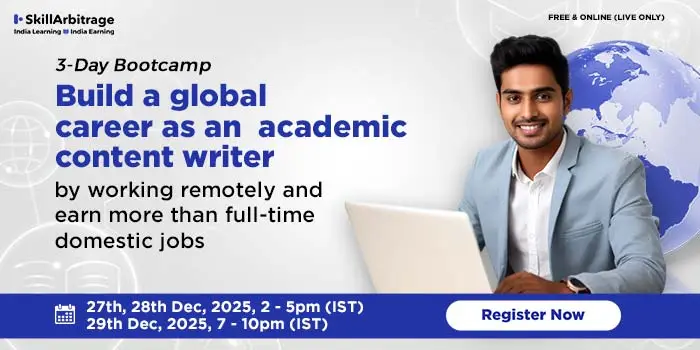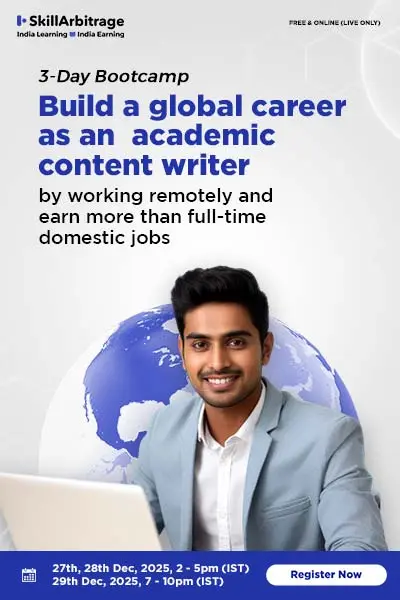Interviews
2043
0
0
“I believe, in litigation, it is all about perseverance, focus and hard work. There is no short-cut to that.” – Tanvir Nayar, Advocate-on-Record at the Supreme Court of India.
This interview was taken by SuperLawyer Team
Posted on April 08, 2025
This interview has been published by Anshi Mudgal and The SuperLawyer Team

With such an impressive and diverse range of experience spanning constitutional, commercial, civil, and intellectual property rights matters, what initially inspired you to pursue a career in law? Were there any particular moments or experiences that had a significant impact on your decision to embark on this journey?
I always found law intriguing. The way it stimulated my mind to find a logical answer to a particular solution, encouraged me to choose this profession. So, it was after my 10th CBSE Board examinations, that I actually made up my mind to have law as an option. Accordingly, I chose the subjects for 11th and 12th, which included history, political science, economics and maths. History gave me the background and political science the foundation to pursue law after my 12th. I was also a part of my School’s, DPS Mathura Road, cricket team, which used to play practice matches with the various teams viz. Delhi High Court Bar Association and Bar Council of India. Thereby, I got an opportunity to interact with Advocates who were in litigation.
Having started your career working on Civil, Consumer, Arbitration, Debt, and Criminal matters, what were some of the key learning experiences in the early stages that shaped your understanding of the law and helped pave the way for your remarkable career progression?
Being a first-generation lawyer, and having no one in my immediate family in law to guide me, I was always open to learn and try everything which came my way. Right after law college, I had an offer to pursue my L.L.M from Kings College, London. However, I thought that without a clear path of which field I wanted to follow i.e. either corporate or litigation, I would have not been able to justify the course. Alternatively, since the placements in college were also not forthcoming, I actually ended up in litigation out of sheer luck. Then I got an opportunity to work under Mr. Sunil Goel, who also practiced in various courts viz. High Court, District Courts, Debt Recovery Tribunal and Consumer Courts. Whereby I got a flavour of different subjections and jurisdictions. However, since I was inclined to do corporate work, I joined a firm to do private equity and debt financing work. This gave me another perspective to law, esp. the commercial aspect. It also cleared my thought process, that litigation was what I wanted to do. Then I got the best opportunity or I would call the break-through, i.e. to work with Hon’ble Ms. Justice Indu Malhotra (prior to her elevation). From then onwards, with the tutelage of Justice Malhotra, the profession has been kind.
Assisting the esteemed Hon’ble Ms. Justice Indu Malhotra in various legal domains such as constitutional law, arbitration, and public law must have been an invaluable experience. How did her approach to legal research and arguments influence your understanding of complex legal matters, and how has that shaped your own legal practice?
Getting an opportunity to work under Hon’ble Ms. Justice Indu Malhotra, was the foundation I required as a first-generation lawyer. Despite her achievements, which are continuing even till date, there was no respite from her end. She was so through on facts and law, that it really opened my horizon and prepared me to handle complex matters. The answer was simple, be so well prepared on the facts and law, and to know the brief from front to end and end to front. Thereafter, the way Justice Malhotra articulated the arguments, was another aspect to learn. Being good in law and also being a good orator, is the best combination any lawyer would wish for, and she had it all. Her relentless hard work is second to none. Watching and getting to learn all this close and first hand, has made me an advocate I am today.
After gaining such extensive experience in diverse areas of law, what motivated you to establish your own independent practice? What challenges did you face along the way, and what strategies did you use to overcome them and build your firm?
Starting an independent practice was also a decision, made partially out of choice and partially out of necessity. I would have liked to continue to hone my skills under Hon’ble Ms. Justice Indu Malhotra, for a few more years. However, her very well-deserved elevation to the Hon’ble Supreme Court, gave me the push I probably needed. At the same time, I prepared and gave the Advocate-on-Record examination. However, since the result is declared almost 9-10 months later, I started my practice on the original side as well. Thereby, I started going to District Courts in Delhi and also the Delhi High Court. Since I had a few clients to sustain my practice, I could concentrate on building my network. I was lucky that since I belong to Delhi and was staying with my parents, I did not have to worry about basic sustenance. Without this, probably, I may not have started my independent practice at that time. During the same time, my childhood friends – Samar Khan and Abhishek Bakshi had also started their independent practice and were doing criminal litigation. Their requirement for a person to handle civil and commercial litigation, and my need to increase my practice to other fields coincided. Hence, came the foundation and incorporation of M/s. Aecus Legal.
As an Advocate-on-Record at the Supreme Court of India, you’ve undoubtedly dealt with some highly complex constitutional and commercial issues. Could you share one of the most challenging cases you’ve worked on, and what steps do you take to thoroughly prepare for and research such high-stakes cases?
There have been many notable cases I got an opportunity to be a part of. However, the four most notable cases would be the Vyapam Scam, Manesar land scam, Challenge to the vires of the bond condition signed by Doctors pursuing PG/ MD etc., and the challenge to the Section 24(2) of the Right to Fair Compensation and Transparency in Land Acquisition, Rehabilitation and Resettlement Act, 2013 from two judges up to the Constitution Bench. The simple answer to prepare any matter, being high-stake or not, is to be first well-versed with the facts and then to be through with research. Sometimes, even an issue which may seem small, can be the turning point. That can only be achieved, if one does in-depth research. At the end of the day, there is no short-cut to hard work.
Given your vast experience representing clients in diverse legal forums, including the Supreme Court, District Courts, and NCLT, how do you tailor your litigation approach to suit the nature of each forum, be it constitutional, commercial, or quasi-criminal? Also, where do you see your firm, Aecus Legal, in the next 5-10 years?
One does need a certain degree of knowledge, which can only be achieved with experience, to handle different jurisdictions. However, the basic is again to be prepared with the brief on facts. Then, one also needs to be updated on the recent judgments being passed on the said subject. Especially, with the advent of Insolvency and Bankruptcy Code 2016 and formation of NCLT and NCLAT, there is a new judgment on some aspect or the other, every week. Hence, one needs to keep oneself updated.
Our firm has grown at a steady pace and gone onto represent many international clients, as well. However, in the next few years, we would be making more specialised teams on different subjects, and then also have a separate general litigation team.
Clearing the Advocate-on-Record (AOR) examination is a remarkable achievement. What aspects of the exam did you find most challenging, and how did you prepare to successfully navigate this prestigious examination?
Not undermining the hard work required, I must say that since I extensively practiced in the Supreme Court from 2015 onwards, so the basics were clear. I did not effectively take a break in my profession to prepare for it, but the month of May was primarily focussed on studying for the exam. The most challenging aspect is that one loses touch to write an exam within three hours. For that, I started preparing my notes by writing them, at least one month in advance. The second challenge was to read all the judgments. However, once you are in that zone of studying, slowly and steadily one can manage. It is also important to attend the lectures given by prominent Senior Advocates, some of them also set papers. But I am sure, the advocates who do not practice in Supreme Court on a regular basis, do find the exam challenging.
Balancing a high-profile legal career with personal life is no easy feat. How do you manage to strike a balance between your professional responsibilities and personal well-being? What strategies do you use to maintain your health and overall well-being while managing such a fulfilling and demanding career?
To be frank, it is really difficult to maintain a balance. Especially in the early years, and on starting an independent practice. The profession always keeps you on the toes, and it is easy to lose that balance. However, I believe in today’s time, it is required that one does take some time off to just clear one’s mind. Travelling or playing a sport is one way, which has worked for me to un-wind and re-energise. Secondly, I have set-up an office space in my residence as well. So, when the days are light, I work from the residence, which gives you the time to relax at home and also spend time with your family. All this is needed, as I said, it is easy to maintain the balance. On a lighter note, I am still learning.
With your vast expertise across multiple legal domains, what advice would you give to young lawyers who aspire to have a diverse practice like yours? What key skills and qualities do you believe are essential for success in such competitive and multifaceted fields?
I believe, in litigation, it is all about perseverance, focus and hard work. There is no short-cut to that. However, one does need some luck. Some of the luck one can make by networking and always being open to learning. Also, client handling is one thing no one teaches, however is very important. Since lawyers cannot solicit, the best way to advertise is doing your best for your clients. I strongly believe that the profession is an Hon’ble one, and a person can really make a difference.
In today’s changing times, as mentioned above, networking has become an important aspect. Though I do not subscribe to the view of making videos on YouTube or Instagram. However, people do not realise that maximum work advocates give to each other, so making a good network of advocates also helps one to get new matters and clients.
Get in touch with Tanvir Nayar –







No comments yet
Be the first to share your thoughts about this interview.